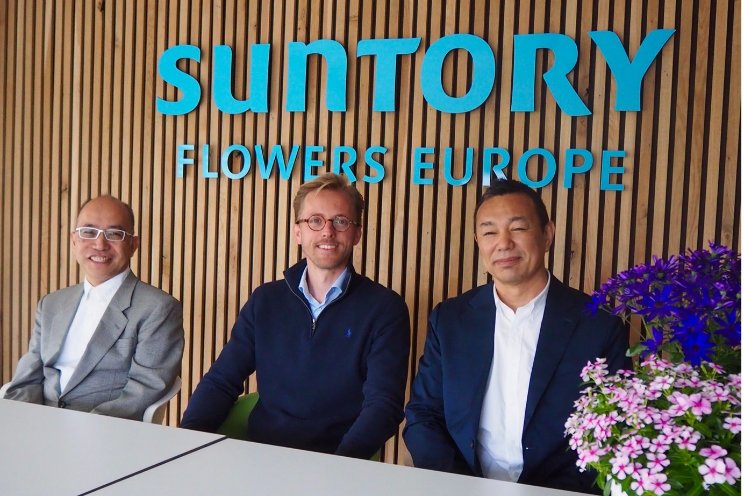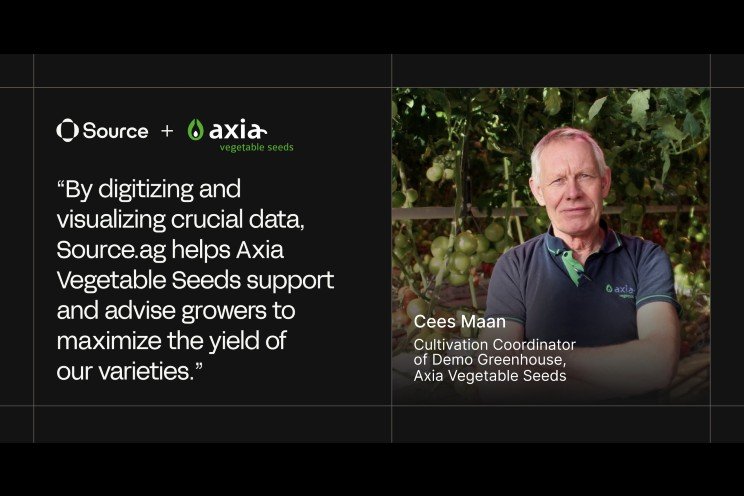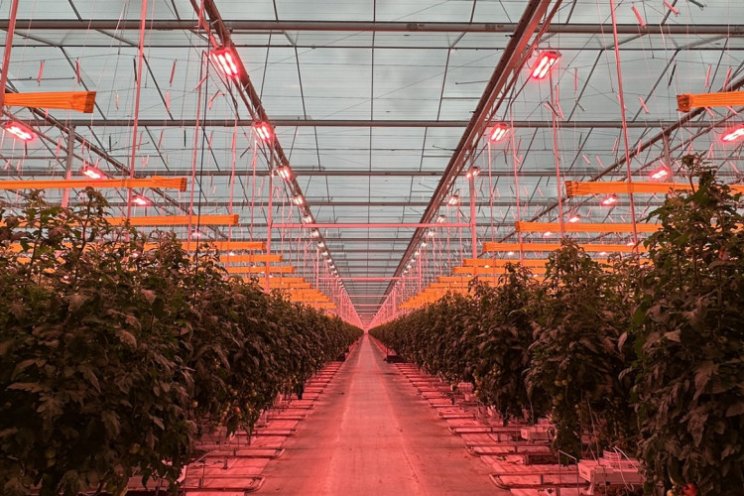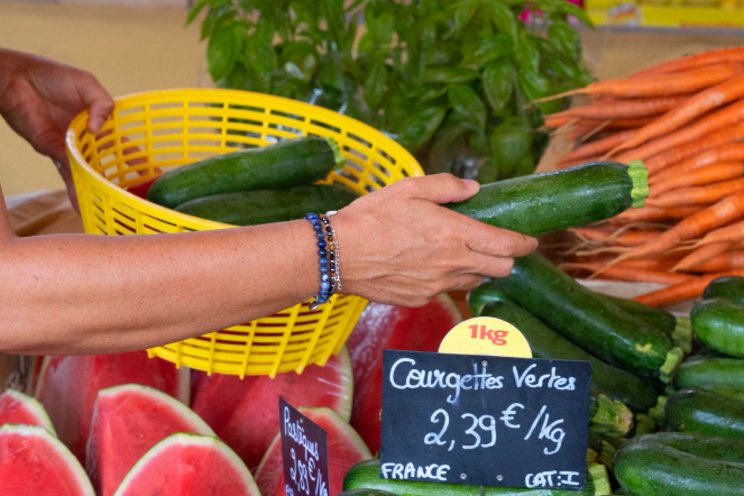Interactive tool designs greenhouse based on climate
Added on 01 July 2021
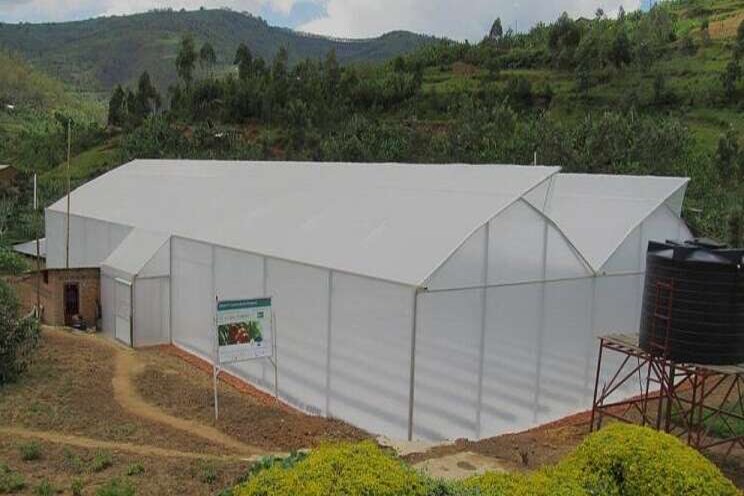
The Freshteq Fieldlab offers companies and organizations a breeding ground for the development of innovative applications for international horticulture. Within the Freshteq Fieldlab - based in the World Horti Center in Naaldwijk - there are various activities and initiatives. ERDF Freshteq is made possible in part by the European Regional Development Fund (ERDF).
A tool to predict how a crop will grow under certain conditions
An example of the Freshteq initiatives is the Adaptive Greenhouse Design tool, an online tool developed by WUR. With the tool, an optimal greenhouse design can be made for a specific region. The underlying models of Adaptive Greenhouse Design have been developed and tested in recent years. As part of Freshteq, a link has been made between these models and an interactive tool has been built that can be found on the WUR website.
The two existing models that are linked are a model for simulating the greenhouse climate (KASPRO) and a crop growth model (INTKAM). This combination allows the tool to predict how a crop will grow under certain conditions. To this end, the user can enter data about, among other things, the local climate, available sources (such as water), and the crop to be grown. The Adaptive Greenhouse Design then calculates which design for a greenhouse in local conditions ensures the best production, with the least possible use of water and energy, among other things. This includes the type of glass, the desired temperature and any growth lighting.
For the interactive tool, these designs were made in outline for a number of climate zones. A custom-made approach is required for the detailed design: for this you can contact the Business Unit Greenhouse Horticulture & Flower Bulbs of WUR.?
Source and Photo Courtesy of Wageningen University & Research
Source: Wageningen University & Research
More news
